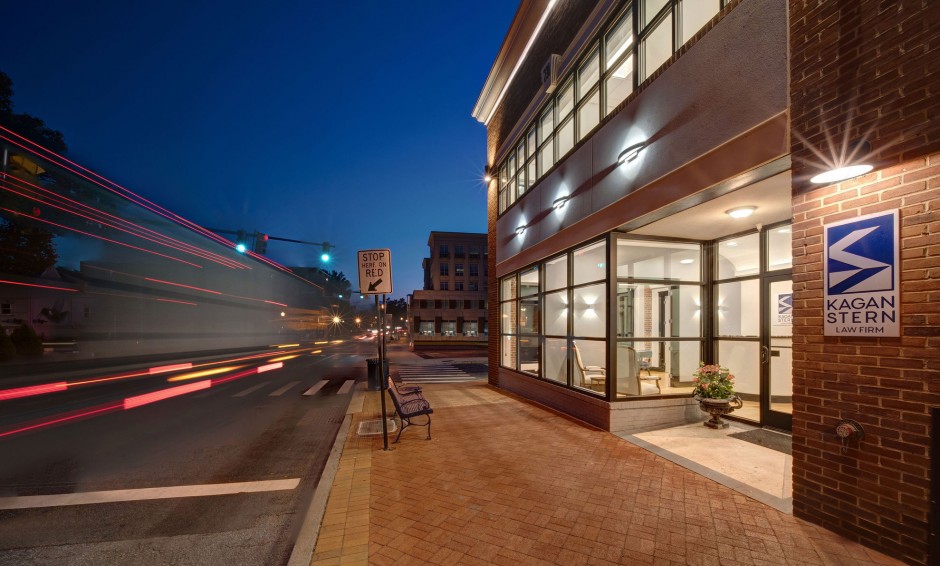Maryland Court of Appeals (Now Called the Maryland Supreme Court) Gives Expansive Interpretation to Maryland Wage/Hour Laws
December 7, 2022
By: Stephen B. Stern
In Amaya v. DGS Constr., LLC, 479 Md. 515, 278 A.3d 1216 (2022), the Maryland Court of Appeals (now called the Maryland Supreme Court) held that the exceptions to compensable time established in the federal Portal-to-Portal Act were not adopted by Maryland law and, therefore, certain preliminary and postliminary activities that may not be compensable under federal law may be compensable under Maryland law. In reaching this holding, the Court remanded the case for the fact-finder to determine whether time employees spent waiting in a parking lot to be transported to a construction worksite, as well as time traveling to/from the worksite, was compensable under Maryland law.
In Amaya, which consisted of two related cases, construction workers brought claims for unpaid wages, including overtime wages, under the Maryland Wage and Hour Law (“MWHL”) and Mayland Wage Payment and Collection Law (“MWPCL”). At issue was whether the workers, who were required to park at an offsite parking lot located more than two miles away from the construction site and brought to the construction site by buses provided by the general contractor, were entitled to compensation for the time waiting in the parking lot and being transported back and forth from the construction site (totaling approximately two hours each day).
To determine whether the waiting and travel time was compensable, the Court analyzed whether the Portal-to-Portal Act (“PPA”), which amended the Fair Labor Standards Act (“FLSA”), was adopted and incorporated into the MWHL and/or MWPCL. The PPA carved out from “hours worked” under the FLSA various activities, including “activities which are preliminary to and postliminary to said principal activity or activities, which occur either prior to the time on any particular workday at which such employee commences, or subsequent to the time on any particular workday at which [s/]he ceases, such principal activity or activities.” Subsequent United States Supreme Court decisions determined that time is compensable under the PPA “if those activities are an integral and indispensable part of the principal activities for which covered [employees] are employed and are not specifically excluded” by certain provisions of the PPA.
The Court noted that the MWHL “does not diminish[] a right of an employee that is granted under the federal Act” (referring to the FLSA) and that states may enact laws that provide additional protections above and beyond those provided under federal law. The Court also noted that neither the MWHL nor the MWPCL refers to or mentions the PPA, and COMAR does not make any reference to preliminary or postliminary activities but does expressly incorporate other definitions from federal wage and hour regulations unrelated to the PPA. The Court ultimately held that “the PPA has not been adopted or incorporated into the MWHL, the MWPCL, or COMAR, and we decline to judicially engraft the provisions of the PPA onto Maryland law.” As a result, the Court gave a more expansive interpretation to the MWHL and MWPCL by finding that time that may not be compensable under federal law may be compensable under Maryland law.
When analyzing whether the time waiting at the parking lot and traveling to/from the construction site was compensable, the Court turned mostly to COMAR regulations. The Court noted that COMAR defines “hours of work” as time during a workweek that an employee is required to be “on the employer’s premises, on duty, or at a prescribed workplace.” The Court interpreted this to mean that an “employee could engage in hours of work as a result of being required to be on duty at a location other than the prescribed workplace and by being required to be on the employer’s premises, which may or may not be a prescribed workplace.” This in turn led the Court to conclude that “it would be inconsistent with the plain language of the COMAR provision to require that an employee be engaged in the performance of actual physical labor or the performance of the principal work activities of employment in order to be compensated for hours of work.” The Court ultimately held that it was a factual question for the jury to determine whether the employees in this case were required to be on the employer’s premises, on duty, or at a prescribed workplace and, therefore, entitled to compensation for the time waiting in the parking lot and traveling to/from the construction site. The Court further noted that travel time from one worksite to another is included in the definition of hours of work under COMAR 09.12.41.10 and, if hours of work includes time that an employee is required to be on an employer’s premises, on duty, or at a prescribed workplace, “it follows that hours of work would include time that an employee spends traveling from one prescribed workplace or location on which the employee is required to be on duty or required to be on the employer’s premises to another such location.” To this end, the Court noted another question the jury would need to decide was whether the parking lot where the employees were required to wait for the buses constituted a worksite.
The Court’s decision in Amaya is significant because it expands the scope of hours that may be compensable under Maryland law. Thus, employers accustomed to conducting business in other jurisdictions need to be aware when conducting business in Maryland that nonexempt workers may be entitled to additional compensation that may not otherwise be compensable in other jurisdictions.

